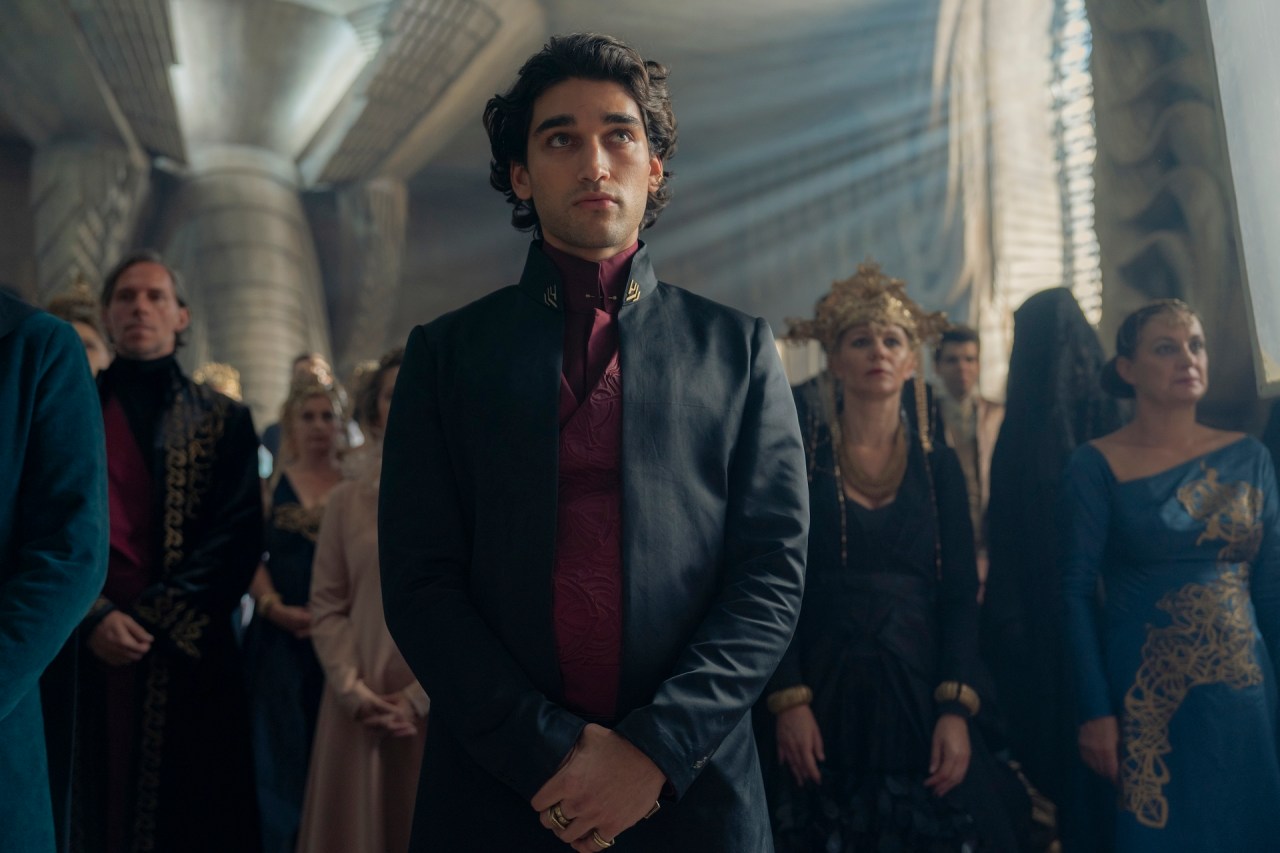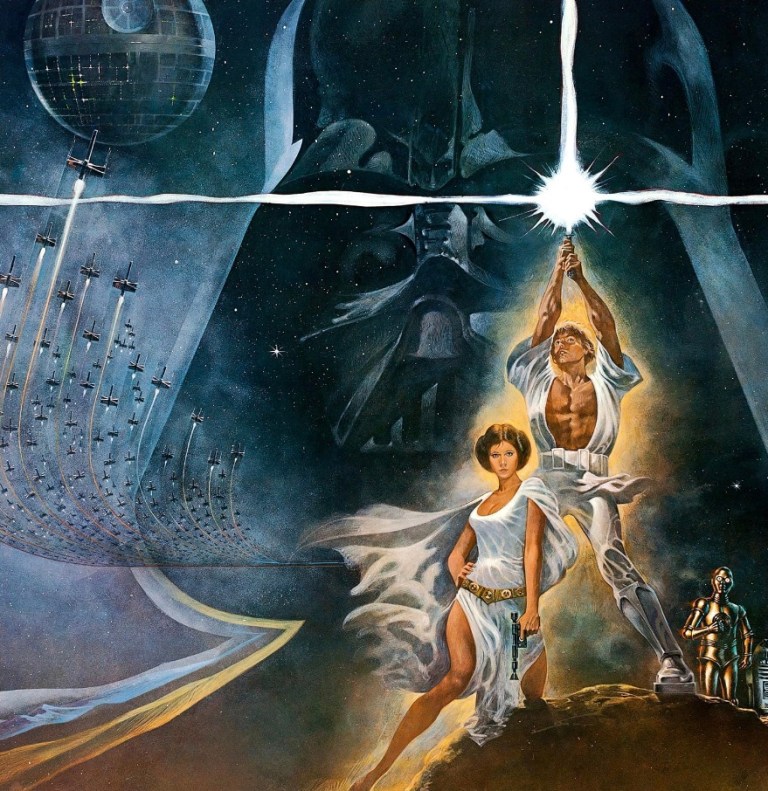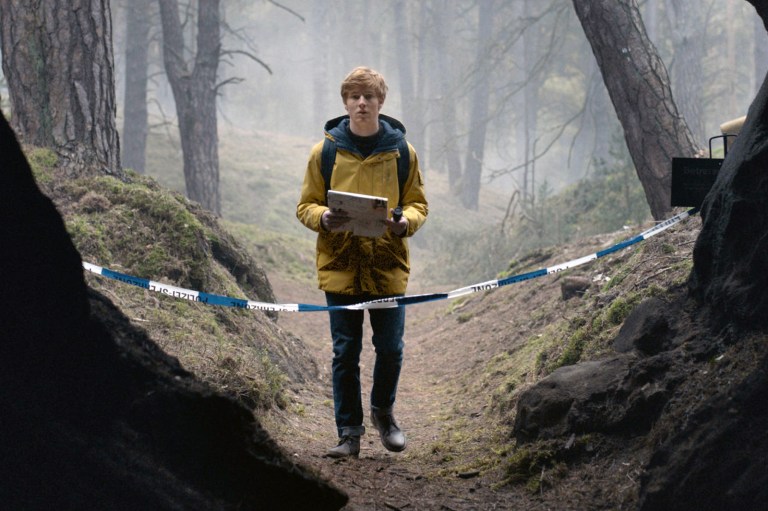
Review: The Spicy ‘Dune: Prophecy’ Trades in the Sandworms for ‘Game of Thrones’ Politics
The first four episodes of Dune: Prophecy center around political motivations.
After Denis Villeneuve’s Dune films made over $1 billion, received critical and audience acclaim, and cleaned up at the Academy Awards, is anyone surprised to see HBO getting in on the action with the prequel, Dune: Prophecy? It would be all too easy to call this a cash grab to tide fans over until Villeneuve releases the final installment in the trilogy, Dune Messiah, but this isn’t the case. Dune: Prophecy couldn’t be in better hands, as the network has demonstrated with its constant output of series that refuse to budge on quality and value.
While HBO continues to be all in on the Game of Thrones business, releasing spinoffs of the popular show, it might have just stumbled onto the next great epic drama that’s more than worthy of picking up the pieces from Westeros. Make no mistake: Dune: Prophecy contains all the right ingredients to be as culturally relevant and impressive as the show about the scramble for the Iron Throne. Mild spoilers for Dune: Prophecy follow.
History is written by the victors
Set 10,000 years before Paul Atreides’ journey on Arrakis, Dune: Prophecy shifts the focus to the Harkonnen sisters, Valya (Emily Watson) and Tula (Olivia Williams), who form a part of the Sisterhood that eventually becomes the Bene Gesserit. They possess the power of influence and Truthsayer abilities, making them valuable assets in a politically charged world where everyone holds ulterior motives and tensions threaten to boil over.
The story also touches upon their own history as Harkonnens, exploring the aftermath of the Battle of Corrin that sees the House branded cowardly and treated as a pariah. However, there’s more to this than meets the eye, as Valya contests their history to have been written by House Atreides when the truth isn’t quite what it seems.
Dune: Prophecy sows seeds of doubt about everything everyone believed to be true in Denis Villeneuve’s Dune films. It questions how misunderstandings could have led to all the issues between the Atreides, Harkonnens, and others – or do they? Showrunners Diane Ademu-John and Alison Schapker toy with the audience and keep everyone guessing about the characters and their true motivations at all times. They scatter parts of the backstory across these four episodes, leading viewers down one road before showing them something entirely different that changes the game and moves the plot in a different direction.
Dune: Prophecy explores the drama between the Houses
Unlike the Dune films that are sci-fi epics bursting with action, adventure, and sandworms, Dune: Prophecy chooses to focus on the drama within the four walls of the fortresses and secret rooms. While the futuristic and rustic designs fit in with Denis Villeneuve’s aesthetic, the show takes the lead from programs like Game of Thrones in becoming a political thriller.
Much like George R. R. Martin’s universe, not a single soul can be trusted in Dune: Prophecy. Someone might start off with the noblest intentions, but the ability to get ahead or closer to what they want forces them to bend their morals. The dynamic between Travis Fimmel’s enigmatic Desmond Hart and Mark Strong’s Emperor Javicco Corrino, in particular, intrigues from their first interaction. Their edgy alliance holds the key to the future of the Imperium, but there are other players making their moves in the background, throwing several spanners into the works.
What this means is that the sandworm rides and explosive battles from Dune aren’t present in these first four episodes. While the desert’s favorite creature does feature here – because how couldn’t it? – this series explores the simmering internal conflict rather than rushing to the external one. That said, tensions bubble and boil here, while the trailer hints at fights to come, so don’t be surprised to see the action pick up in the remaining episodes.
Dune: Prophecy holds potential, but does it fulfill all the promises?
Dune: Prophecy isn’t shy of pumping out a plethora of intertwined plot threads right from the get-go, so it’s advised that the viewer refreshes their memory by watching the films and reading Frank Herbert’s novel if possible. The homework is worth it because the show succeeds in drawing the audience into this absorbing and eye-catching world and gripping them with the allure of all the mystery and political conspiracy. Yet, the ambition of untangling these hefty and convoluted story threads into cohesive ah-ha moments remains lofty.
Imagine the first four episodes of Dune: Prophecy as someone who summons the sandworm and latches onto the creature. The ride proves wild, unpredictable, and thrilling, but will the individual reach the final destination they wanted or was it all for nothing? That’s still to be determined, so hang on tight and let’s find out.











